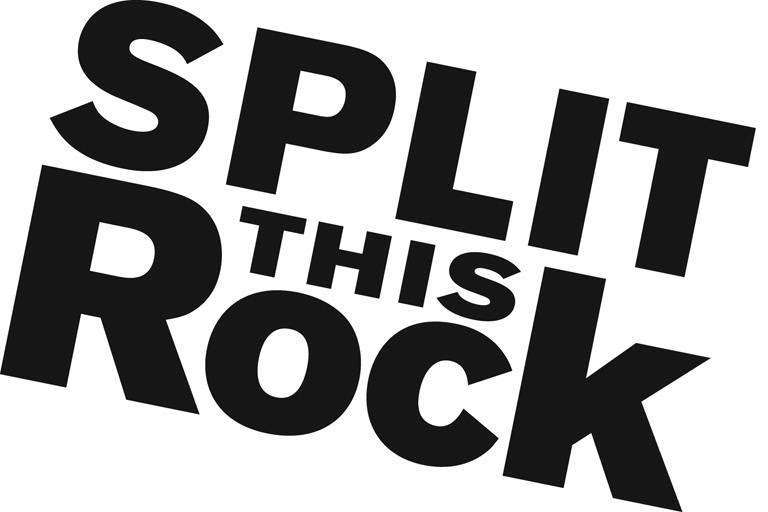| ||||||||
Further thoughts on the cultural labor of poetry and art. Not merely "is it good?," but "what has it accomplished?"...reviews of recent poetry collections; selected poems and art dealing with war/peace/social change; reviews of poetry readings; links to political commentary (particularly on conflicts in the Middle East); youtubed performances of music, demos, and other audio-video nuggets dealing with peaceful change, dissent and resistance.
Sunday, December 14, 2014
Craig Santos Perez, from "understory" (Split this Rock poem of the week)
Wednesday, December 10, 2014
abu ghraib arias: a reading (from Sand Opera)
With
the release of the so-called “Torture Report” yesterday, I’ve been casting back
to the Abu Ghraib prison scandal. After the invasion of Iraq, from late
2003 to 2004, U.S. military police of the Army and Central Intelligence Agency
committed a series of outrageous abuses of Iraqi detainees at the notorious Abu
Ghraib prison, abuses that had been tried and exported from Guantanamo Bay
prison and secret "black sites" around the world. Because of
extensive photo and video documentation of the abuse by military police
themselves, the scandal became an international embarrassment that led W.J.T.
Mitchell to declare it, not without hyperbole, the moment that the U.S. lost
the war in Iraq.
Sand Opera began out of the vertigo of feeling unheard
as an Arab American, in the decade after the terrorist attacks of 2001. After
9/11, Americans turned an ear to the voices of Arabs and Muslims, though often it
has been a fearful or selective listening. Even Errol Morris chose to
interview only Americans for his Abu Ghraib film, “Standard Operating
Procedure.” One centerpiece to Sand Opera
is the “abu ghraib arias." It is a dialogue between Standard
Operation Procedure for Camp Delta in Guantanamo Bay, the soldiers who served
in Abu Ghraib, and the Abu Ghraib prisoners. I draw upon a number of sources: a
Standard Operating Procedure manual for Camp Echo at the Guantanamo Bay prison
camp (thanks to WikiLeaks); the testimony of Abu Ghraib torture victims found
in Mark Danner’s Torture and Truth:
America and the War on Terror; the words of U.S. soldiers and contractors
as found in Philip Gourevitch and Errol Morris’s The Ballad of Abu Ghraib; the official reports on the Abu Ghraib
prison scandal (the Taguba Report, the Schlesinger Report, etc.); interviews
with Joe Darby and Eric Fair (two whistle-blowers); the Bible; and the Code of
Hammurabi.
The following
audio performance of the arias involved the piano work of Philip Fournier, and
the voices of Danny Caine, Jackie Orchard, Paige Webb, and me (Philip Metres),
and was engineered by Mike MacDonald.
Tuesday, December 9, 2014
Saturday, December 6, 2014
Split This Rock call for poems: We Who Believe in Freedom Cannot Rest
| ||||||||||||||||||||
Subscribe to:
Posts (Atom)




